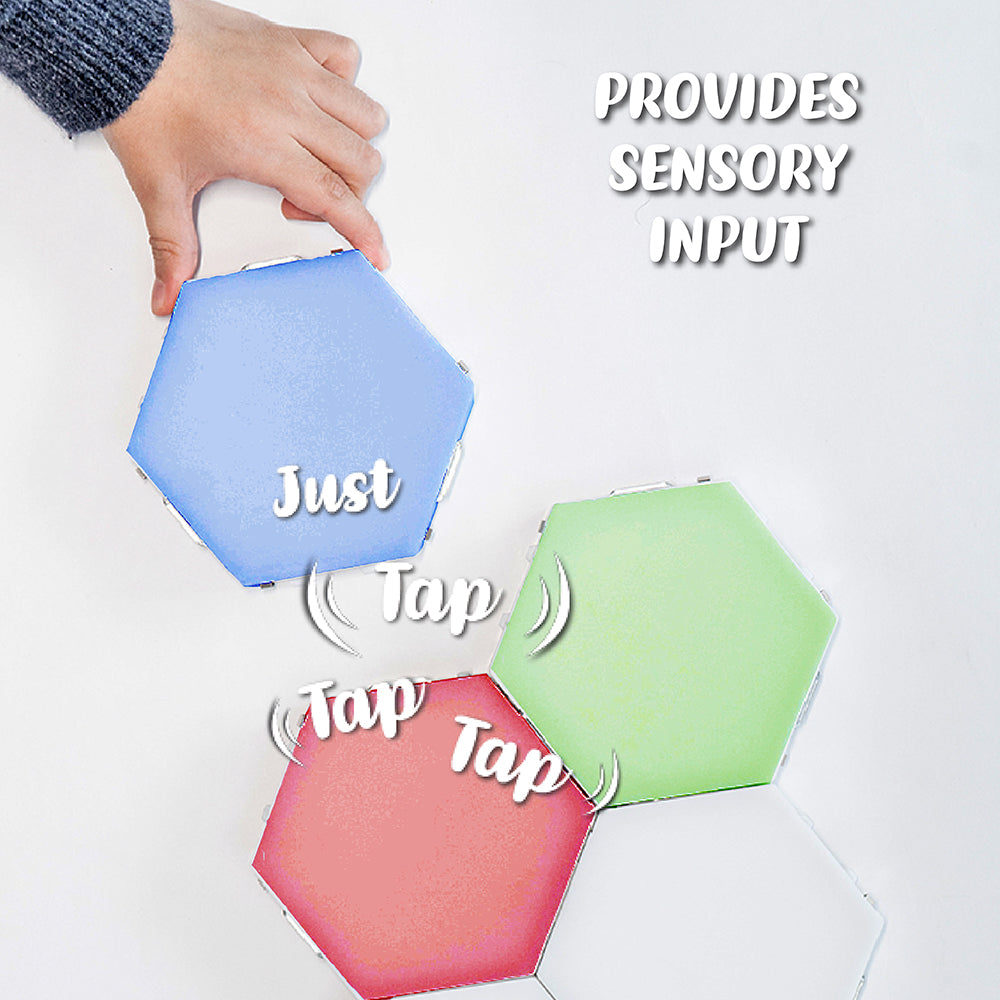
As we delve into the intricate tapestry of the human mind, we find ourselves at the frontier of understanding autism, a spectrum that has long been shrouded in mystery and misunderstanding. It's time to embark on a journey of discovery, guided by the latest scientific findings, to unravel the myths and shed light on the true nature of autism.
One of the most pervasive misconceptions is that all individuals with autism have intellectual disabilities. However, research has clearly demonstrated that autistic individuals possess a wide range of intellectual abilities, with some facing challenges while others excel in academic fields and showcase extraordinary savant skills.
Another myth that needs to be dispelled is the notion that autism is a mental illness. Autism is, in fact, a neurodevelopmental condition that affects how the brain develops and processes information. While mental health issues can co-occur with autism, they are not defining characteristics of the spectrum itself.
It's also crucial to address the misconception that environmental factors are causing an 'epidemic' of autism. The increased diagnostic rates can be attributed to heightened awareness and refined diagnostic criteria. Autism has always been a natural variation in the human genome, not a modern anomaly.
The narrative surrounding autism has often been one of seeking a 'cure' or 'fix,' implying that autistic individuals are somehow broken. This perspective is not only inaccurate but also harmful. Autism is an integral part of an individual's identity, shaping their unique way of perceiving and interacting with the world. Many in the autistic community celebrate neurodiversity as a natural form of human variation.
Recent research has also shed light on how autism manifests differently across genders. The long-held belief that autism was a predominantly 'male' condition led to underdiagnosis in females. We now understand that autism affects individuals regardless of gender, and that women and girls often have subtler presentations of traits, leading to potential oversight in the diagnostic process.
Another myth that needs to be challenged is the belief that autistic individuals cannot form meaningful social connections. While social interaction may be challenging for some on the spectrum, it doesn't negate their desire or capacity for relationships. Many autistic people form deep bonds with others and possess a strong sense of empathy, even if they express it in unique ways.
It's also essential to address the thoroughly discredited myth that vaccines cause autism. This damaging misconception has led to vaccine hesitancy, putting children at risk for preventable diseases. The scientific consensus is unequivocal: vaccines are safe and do not cause autism.
As we peel back the layers of misunderstanding, we discover that autism is a spectrum of incredible diversity, as unique as the individuals who inhabit it. The narrative is shifting from one of deficit to one of difference, with autistic voices leading the conversation about their own experiences.
In conclusion, promoting understanding and acceptance of autism is of utmost importance. By educating ourselves and others, we can create a world that celebrates neurodiversity and provides the necessary support for all individuals to thrive. Let us move forward with empathy, knowledge, and an unwavering commitment to inclusivity, embracing the beautiful tapestry of human diversity that autism represents.










 Explore the
Explore the
Leave a comment